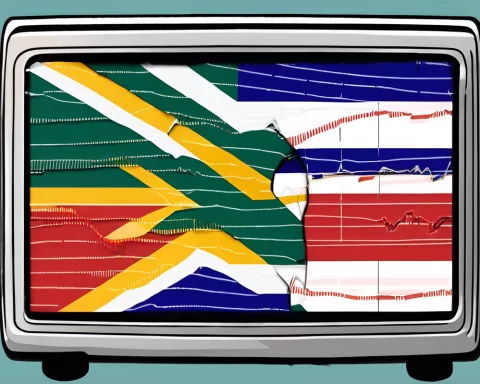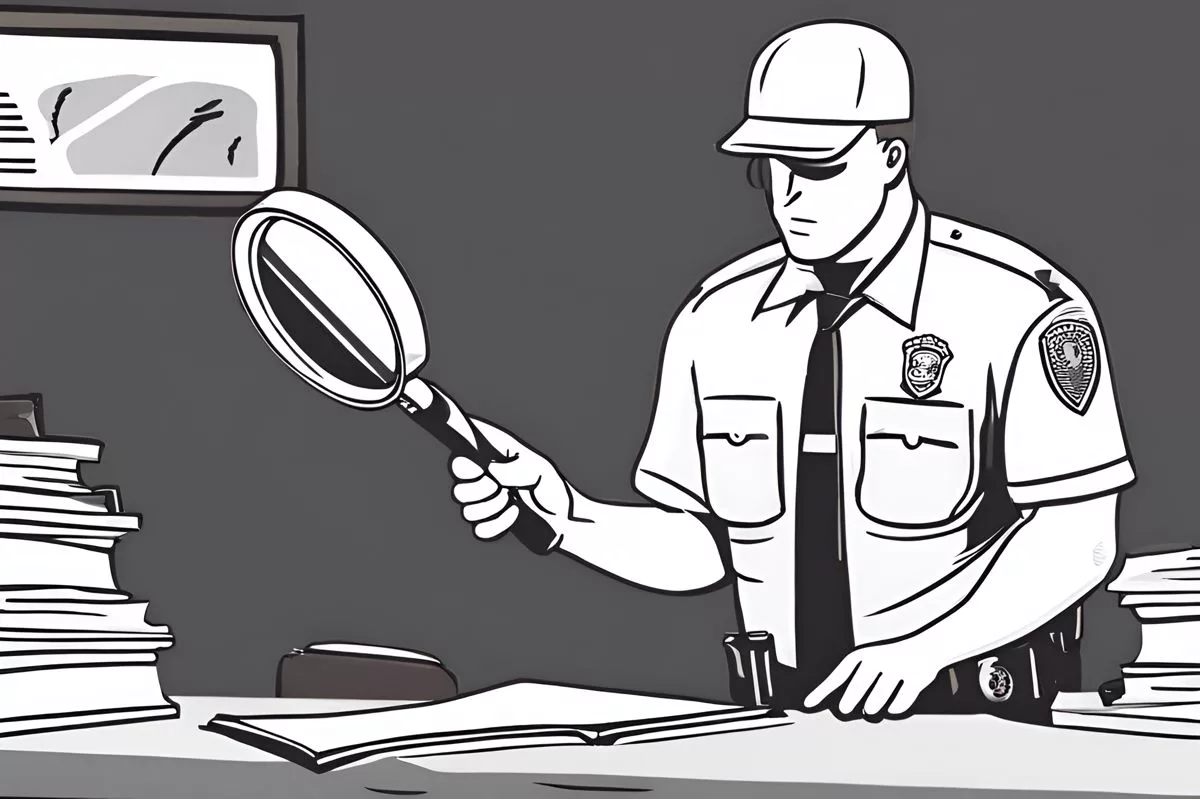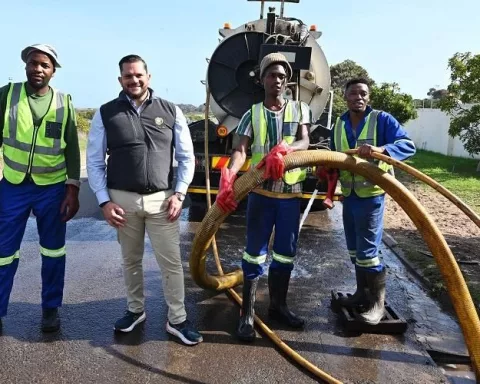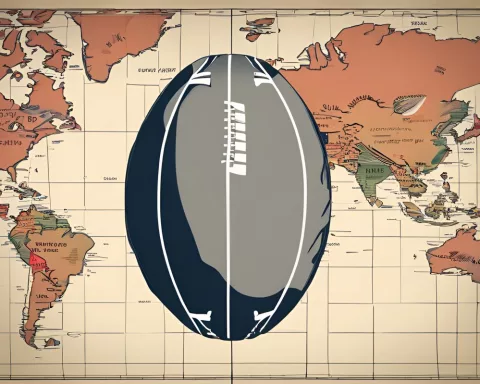Allegations of signature forgery have rocked South Africa’s Umkhonto weSizwe (MK) Party, initiated by former President Jacob Zuma, causing uncertainty over its leadership and impact on upcoming elections. The forgery operation allegedly involved illegally obtaining personal information from the Cape Metro Council’s database and using it to fabricate signatures. The revelations coincide with Zuma’s decision to oust high-ranking party members, adding fuel to the fire of discord within the party.
Shocking allegations of signature forgery have been made against South Africa’s Umkhonto weSizwe (MK) Party, initiated by former President Jacob Zuma. The forgery operation allegedly focused on illegally obtaining personal information from the Cape Metro Council’s database and using it to fabricate signatures. The revelations have led to uncertainty surrounding the party’s leadership and its impact in upcoming elections.
Shocking Revelations Around a New Political Party
The South African political landscape has been dramatically shaken up by recent controversies surrounding the nascent Umkhonto weSizwe (MK) Party, initiated by former President Jacob Zuma. The party is under a cloud of suspicion following allegations of signature forgery for election qualification. This troubling revelation coincides with Zuma’s surprising decision to oust several high-ranking party members, adding fuel to the fire of discord that is currently raging within the party.
The person responsible for making the forgery accusations public is Lennox Ntsodo, a former high-ranking official of the party. He has approached the Western Cape police to spill light on the deceptive practices taking place within the party. According to his sworn statement, Ntsodo admitted to forming a group of nearly 20 individuals in February to facilitate the widespread counterfeiting of signatures. This drastic measure was taken in response to the Independent Electoral Commission (IEC)‘s dismissal of the MK party’s initial registration application.
Unfolding of Fraudulent Activity and Security Concerns
The methodical forgery operation allegedly focused on illegally obtaining personal information from the Cape Metro Council’s database. This information mainly consisted of the names, ID numbers, and contact details of individuals seeking employment. Additionally, they also misused the private data of members belonging to a funeral association. Using this information, they fabricated signatures to fulfill the IEC’s requirements.
Ntsodo’s revelations to the police included detailed evidence, such as signed supporter lists submitted to the IEC and information extracted from the jobseeker database. To protect himself, he requested immunity under the provisions of section 204 of the Criminal Procedure Act in exchange for this full disclosure. In his sworn statement, he also pressed for the immediate incorporation of him and his family into the witness protection program due to concerns about potential backlash.
Leadership Tussle and Uncertainty Surrounding the MK Party
In an interesting twist, even as the MK party is grappling with the forgery scandal, it has chosen to expel its founder, Jabulani Khumalo, along with four other members. The party’s spokesperson, Nhlamulo Ndlela, refrained from detailing the reasons behind these expulsions, merely stating that it was in the organization’s best interests.
As the founder, Jabulani Khumalo was initially seen as the party’s leader. However, his leadership was called into question when Jacob Zuma was declared the party’s representative on the ballot, contradicting Zuma’s previous declarations of merely supporting the party. This unexpected change in leadership roles led to fervent conjecture about the internal dynamics of the MK party.
According to the party’s spokesperson, Nhlamulo Ndlela, Zuma, not Khumalo, is the actual founder of the party. He asserted that Khumalo had only registered the MK Party at Zuma’s behest. Simultaneously, the Constitutional Court seems willing to consider the IEC’s request to verify Zuma’s suitability as a parliamentary candidate, as indicated by a report from the Daily Maverick.
Implications for the Upcoming Elections
As the countdown to the election day continues with just 30 days left, the South African political scene is undergoing significant transformations. The ANC is poised for a surge in support, while the DA’s position is expected to stabilize. However, smaller parties such as the MK Party are confronted with enormous challenges due to their internal unrest and the looming cloud of forgery allegations.
With an unclear leadership structure, the MK party’s impact in the Parliament and the KZN provincial legislature is uncertain, leaving voters mulling over their options. The predicament of the MK Party reflects the volatile and complex nature of politics, where fortunes can pivot swiftly, and reputations can be crafted or shattered in an instant.
What is the Umkhonto weSizwe (MK) Party?
The Umkhonto weSizwe (MK) Party is a new political party in South Africa initiated by former President Jacob Zuma. It has been mired in controversy following allegations of signature forgery for election qualification, along with internal discord and leadership disputes.
What are the allegations of signature forgery against the MK Party?
The forgery operation allegedly involved illegally obtaining personal information from the Cape Metro Council’s database, mainly consisting of the names, ID numbers, and contact details of individuals seeking employment, and misusing the private data of members belonging to a funeral association. Using this information, they fabricated signatures to fulfill the Independent Electoral Commission’s requirements.
Who made the forgery accusations public?
Lennox Ntsodo, a former high-ranking official of the party, came forward to the Western Cape police to reveal the deceptive practices taking place within the party. According to his sworn statement, Ntsodo admitted to forming a group of nearly 20 individuals in February to facilitate the widespread counterfeiting of signatures.
What is the impact of the forgery allegations on the MK Party’s leadership?
The forgery allegations have led to uncertainty surrounding the party’s leadership, with the founder, Jabulani Khumalo, being expelled along with four other members. Jacob Zuma has been declared the party’s representative on the ballot, contradicting his previous declarations of merely supporting the party.
What are the implications of the forgery allegations for the upcoming elections?
With just 30 days left until the election, the forgery allegations and internal discord within the MK Party have raised questions about its impact in Parliament and the KZN provincial legislature. The predicament of the MK Party reflects the volatile and complex nature of politics in South Africa, leaving voters mulling over their options.
Is there any legal action being taken in response to the forgery allegations?
Lennox Ntsodo has requested immunity under the provisions of section 204 of the Criminal Procedure Act in exchange for his full disclosure of evidence. The Constitutional Court seems willing to consider the Independent Electoral Commission’s request to verify Jacob Zuma’s suitability as a parliamentary candidate.











